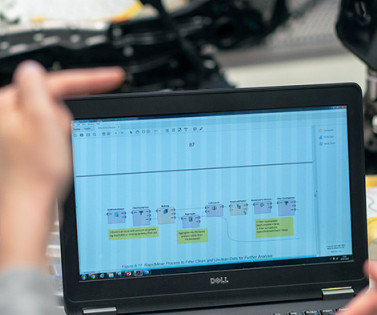University of Sydney will use AI to boost cancer drug research
Pharmaceutical Technology
MAY 31, 2023
The university and Pharos have drawn up a memorandum of understanding (MoU) to use AI technology to identify potential compounds for the rapid development of treatments. It is focused on the development of new compounds. It will provide the drug discovery initiative access to advanced algorithms and 230 million big data entries.














Let's personalize your content